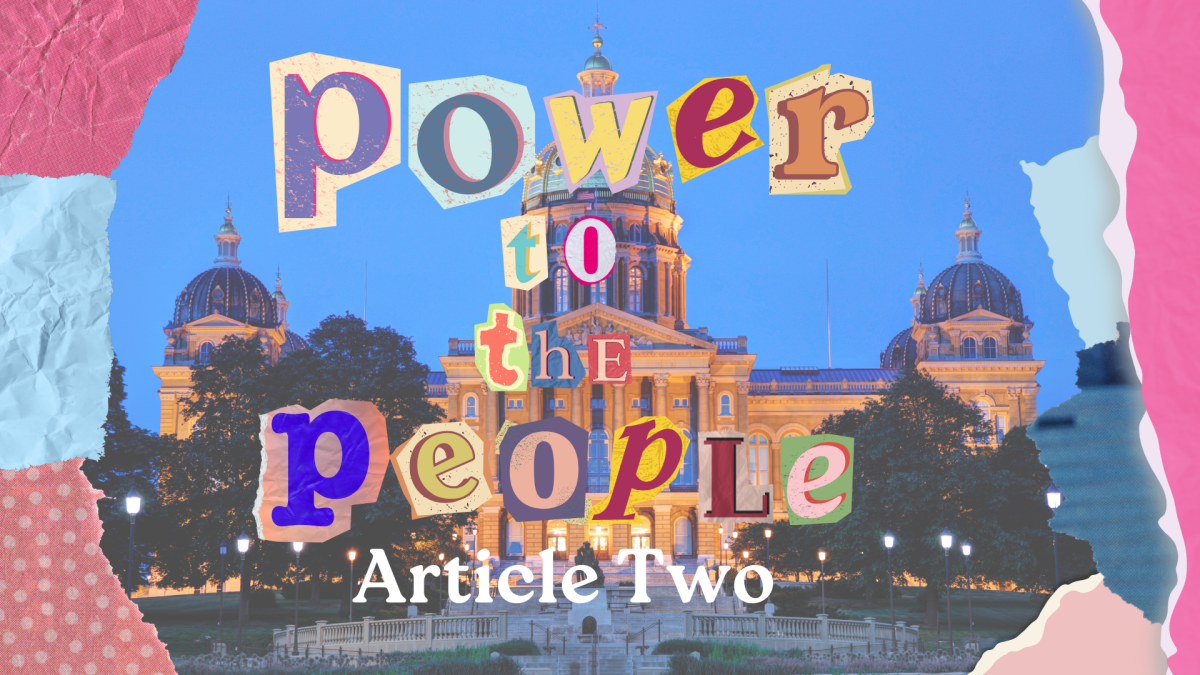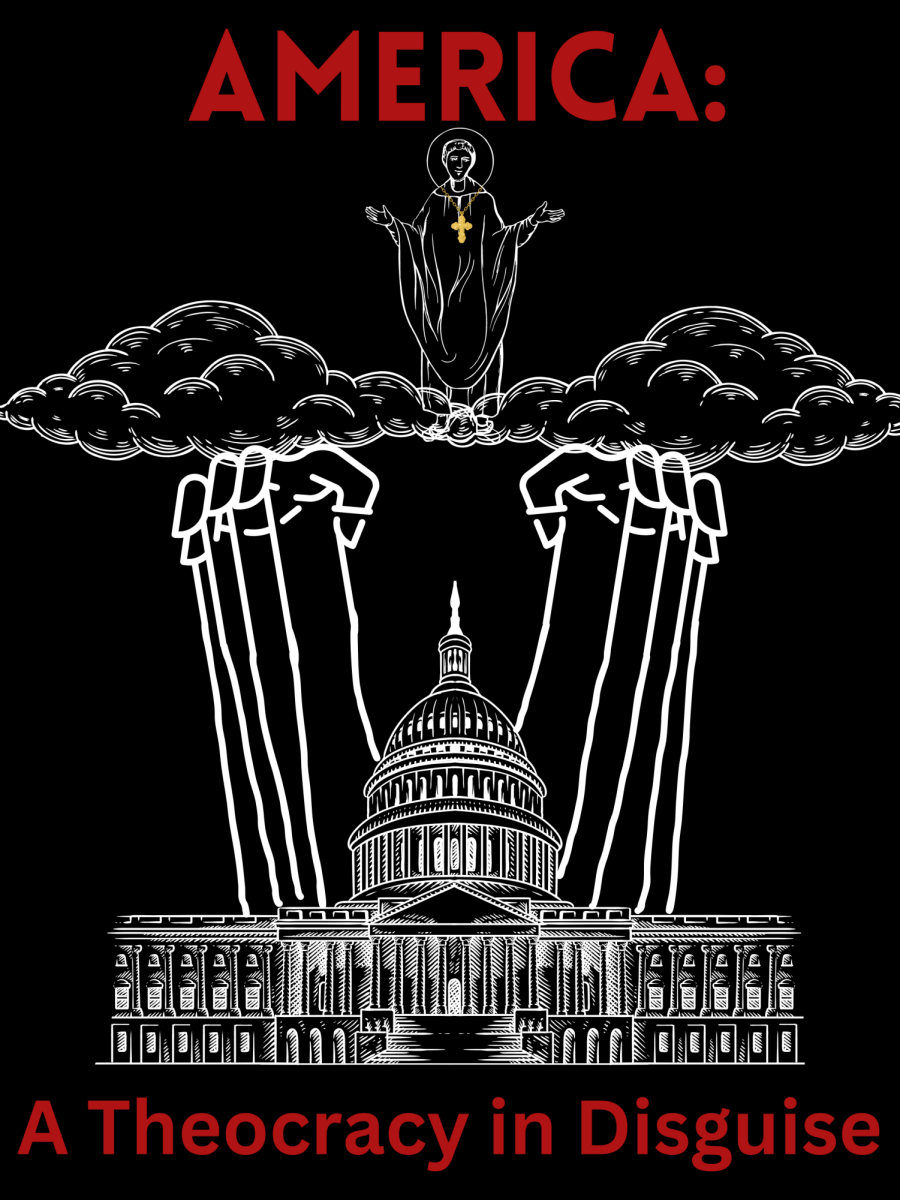As a second generation refugee, I have heard about it all. War, corruption, prejudice, and fear. I’ve seen tears fall for the fallen, the tombstones of the people I never got to know. In the same vein, I learned how graceful human compassion can be, that a semblance of hope is more than enough to keep even the heaviest heads looking up. The second chance that was given to my family, and thousands of others, was the greatest gift to ever been given.
Twenty years ago, a war in the Balkan region had brought the worst out in humanity. My father is Mumin Sehic and a native of Bosnia. “(The war was) unnecessary, an attempt by Serbia to hold control in the region,” he said.
This war had the systematic killing of Bosnian Muslim men. “It was a genocide, if you were suspected of being a threat, even in the slightest, you were sent to camps to be shot down,” my father said. The worst case of this killing came in July 1995, where in the small town of Srebrenica, more than eight thousand Bosniak men were lured to their deaths under the pretense of safety, they were instead met with a tragic and horrific end. “I understand soldiers fighting soldiers, but taking people from their homes to kill them, I’ll never understand that,” my father to this day explains. “Yesterday neighbors, today corpses.”
When the opportunity arose for a chance to live away from this nightmare, my family jumped at it. “It was relief from the horror and pressure, not to mention a dying economy, we didn’t have to worry that much about tomorrow,” my father said. My family, and countless others had waited for a call from the U.S. that they were granted permission to enter, a nerve wracking experience to put it shortly.
When asked about the difficulties in coming to America, my father states that “Having one suitcase, and a baby daughter in your hands, you have to do something,” he goes on to say, “I wanted to work, I didn’t want to waste my chance, I had to earn my place.” The language barrier is a huge problem as well. “You learn to talk with your hands, not like sign language, but through action, and I’m so very thankful that I had the people around me, as I did then, everyday people from the church would ask if everything was alright, if they could help us in anyway, truly exceptional people. When everything is different, having people to guide me was treasured,” he said.
When finally asked if we should further our effort to help refugees, my father simply stated, “Of course you should help refugees, it’s the humane thing to do, it’s their last best chance,” my father said. That’s true, we need to be helping these people in any way we can. I concede that any threat to national security should be taken seriously and with the utmost priority, but to simply turn our backs on the thousands of people fleeing from terror themselves, at what point does it switch from security to xenophobia? I understand making sure on who is coming into the country but the vetting process is atrocious and downright ludicrous, the process is handled by ten different agencies, all of which are in constant disorganization, and lack any sort of streamlined approach to vetting, to put it in perspective, the final act of the vetting process is to have the director of the FBI personally sign off on each and every single application, so this process can take anywhere from 18-24 months and that’s only the time it takes before they even see a plane, that is not time someone who needs to leave a warzone has, my family had it lucky compared to how it is now with us only having to endure three months of instability. The whole process is so inefficient that it is easier to simply apply for a visa then it is to come into the country as a refugee.
If the worry is that they will commit terrorist acts once they get in, that is as ludicrous as the previously mentioned point. According to the Migration Policy Institute, since the attacks of 9/11 had taken place, 784,000 refugees have settled into the state’s, and only three have been arrested for planning a terrorist attack. Thats a percentage margin of .000004%, meaning that we are more comfortable sending people into the depths of space than we are helping those in need.
We do not even need to let that many in, going back to the Balkans, the surge of refugees from Bosnia had happened in the first year, before US intervention, and when compared to the Kosovo conflict a few years later, an instance where the US had intervened from the start, there was a lack of refugee surge as seen in Bosnia. If you want to combat the refugee crisis as well as fight the war on terrorism, intervention in the middle east, places like Syria, Afghanistan, Iraq, where we know the problem is located, is another possibility we have to consider.
But what can we do, as citizens of the United States? We can do so much more than we think, we can call and write to our congresspeople, those who hold the influence to dictate such actions, we can send aid and fund relief effort to help those who need it. What we cannot do is sit around and do nothing, while these people are dying, while these people are fighting for anything that gives them and their families another chance at life. So please, do not tell me that we cannot help them.








Jett • Sep 1, 2016 at 1:00 pm
Hey, this is good.